Intelligent Algorithm Evaluation of Incidental English Vocabulary Acquisition in Complex Reading Tasks
DOI: 10.23977/jeis.2023.080303 | Downloads: 25 | Views: 1456
Author(s)
Wenfang Zhang 1, Xiaodong Wang 2
Affiliation(s)
1 School of Language and Culture, Graduate University of Mongolia, Ulaanbaatar, Mongolia
2 School of Government Management, Inner Mongolia Normal University, Hohhot, Inner Mongolia Autonomous Region, China
Corresponding Author
Wenfang ZhangABSTRACT
Vocabulary is the basis of learning a foreign language, and the cultivation of students' language ability is an effective means to improve students' ability to master vocabulary. In English teaching, how to effectively improve students' vocabulary level is a matter of concern. The main purpose of this paper is to explore how to use intelligent algorithms to analyze and evaluate the effect of incidental English vocabulary acquisition. From the perspective of incidental vocabulary acquisition, this paper further proved that output reading could promote students' English learning and provide some support for its application in practice. Through two groups of immediate tests and delayed tests, it was found that the learning efficiency of Class 1 of output group was higher than that of Class 2 of input group: 42.99>39.09>35.66>28.17, 16.78>14.50>14.49>12.22, 26.50>22.95> 19.32>15.90. In practical application, the study of this paper could not only provide some useful references for senior high school English teaching, but also provide some useful references for students' choice of vocabulary and reading.
KEYWORDS
English Vocabulary, Intelligent Algorithm, Vocabulary Incidental Acquisition Effect, Complex Reading TaskCITE THIS PAPER
Wenfang Zhang, Xiaodong Wang, Intelligent Algorithm Evaluation of Incidental English Vocabulary Acquisition in Complex Reading Tasks. Journal of Electronics and Information Science (2023) Vol. 8: 17-32. DOI: http://dx.doi.org/10.23977/10.23977/jeis.2023.080303.
REFERENCES
[1] Wang B T. Designing Mobile Apps for English Vocabulary Learning. International Journal of Information and Education Technology, 2017, 7(4):279-283.
[2] Ghaemi F. The Impact of Telegram as a Social Network on Teaching English Vocabulary among Iranian Intermediate EFL Learners. International Journal of Information and Communication Sciences, 2017, 2(5):86-92.
[3] Sadouki F. The Influence of French on Learning English Vocabulary for L1 Arabic Speakers: The Case of Secondary School Students in Algeria. European Journal of Teaching and Education, 2020, 2(1):179-189.
[4] Sukirno M A, Sabiq A. Visual Media Utilization in Mastering English Vocabulary of Hearing-Impaired Students. Insania Jurnal Pemikiran Alternatif Kependidikan, 2020, 25(2):162-173.
[5] Lolita Y, Boeriswati E, Lustyantie N. The Impact of Computer Assisted Language Learning (CALL) Use of English Vocabulary Enhancement. Linguistic English Education and Art (LEEA) Journal, 2020, 4(1):206-221.
[6] Kurt M, Bensen H. Six seconds to visualize the word: improving EFL learners' vocabulary through VVVs. Journal of Computer Assisted Learning, 2017, 33(4):334-346.
[7] Duan L. Test of English vocabulary recognition based on natural language processing and corpus system. Journal of Intelligent and Fuzzy Systems, 2020, 40(17):1-12.
[8] Chang L, Ma J. Comparing the Effects of Listening Input and Reading Input on EFL Learners’ Incidental Vocabulary Acquisition. Chinese Journal of Applied Linguistics, 2018, 41(2):169-181.
[9] Tran T Q. EFL students' attitudes towards learner autonomy in English vocabulary learning. English Language Teaching Educational Journal, 2020, 3(2):86-94.
[10] Santosa M H, Pratama I, Putra I. Developing Android-based English vocabulary learning materials for primary school students. JEELS (Journal of English Education and Linguistics Studies), 2020, 7(1):161-185.
[11] Elmahdi O, Hezam A. Challenges for Methods of Teaching English Vocabulary to Non-native Students. Advances in Social Sciences Research Journal, 2020, 7(5):556-575.
[12] Wahyuni T, Degeng I, Widiati U, Setyosari P. Designing AR based PWIM to Promote Students' English Vocabulary in the Higher Education of Indonesia. Universal Journal of Educational Research, 2020, 8(12B): 8052-8062.
[13] Kim Y. An Effect Comparison of Same Semantic Words Clustering and Same Thematic Words Clustering in College English Vocabulary Teaching. The Journal of Mirae English Language and Literature, 2020, 25(1):153-179.
[14] Umar U. Assessment of English Vocabulary Mastery through Environment-Based Image Media on the 7th Grade Students. Asian EFL Journal, 2019, 25(5.1):240-260.
[15] Dilrabo K. Effective strategies and techniques of teaching English vocabulary. ACADEMICIA an International Multidisciplinary Research Journal, 2021, 11(3):1454-1457.
[16] Ghobadi S, Shahrokhi M, Abedi A. Impact of ELSE Game-based English Vocabulary Learning App on Iranian EFL Exceptional Students' Vocabulary Learning: EFL Professionals and Computer Experts’ Evaluation in Focus. Machine Translation, 2021, 11(2):149-173.
[17] Lv Zhihan, Dongliang Chen, Qingjun Wang. "Diversified Technologies in Internet of Vehicles under Intelligent Edge Computing." IEEE Transactions on Intelligent Transportation Systems (2020).
[18] Zaher M., Shehab A., Elhoseny M., & Farahat F. F. (2020). Unsupervised Model for Detecting Plagiarism in Internet-based Handwritten Arabic Documents. Journal of Organizational and End User Computing (JOEUC), 32(2), 42-66.
| Downloads: | 14520 |
|---|---|
| Visits: | 633713 |
Sponsors, Associates, and Links
-
Information Systems and Signal Processing Journal
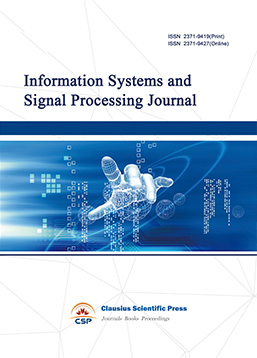
-
Intelligent Robots and Systems
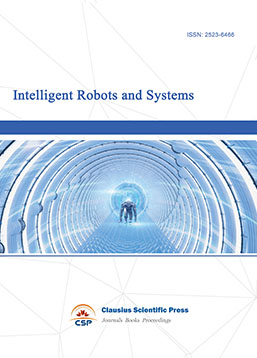
-
Journal of Image, Video and Signals
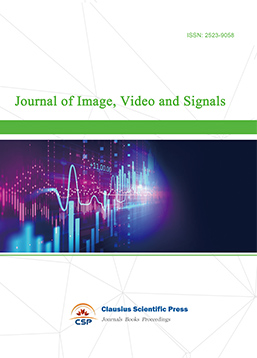
-
Transactions on Real-Time and Embedded Systems
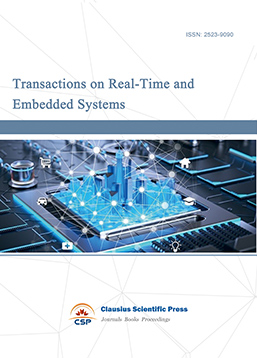
-
Journal of Electromagnetic Interference and Compatibility
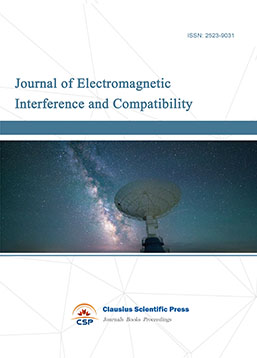
-
Acoustics, Speech and Signal Processing
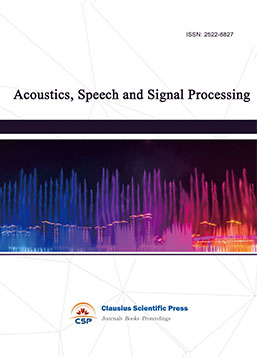
-
Journal of Power Electronics, Machines and Drives
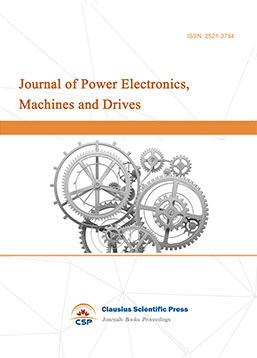
-
Journal of Electro Optics and Lasers
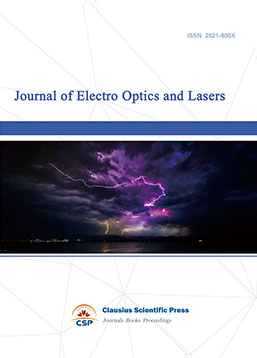
-
Journal of Integrated Circuits Design and Test
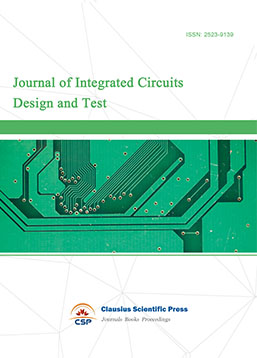
-
Journal of Ultrasonics
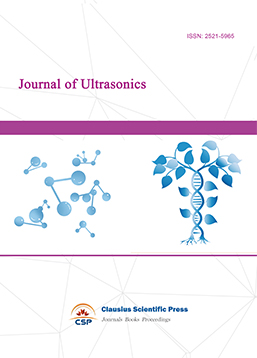
-
Antennas and Propagation
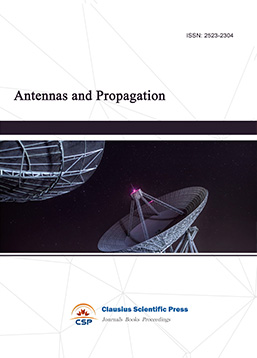
-
Optical Communications
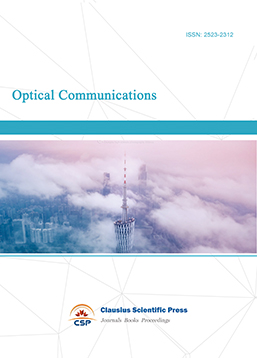
-
Solid-State Circuits and Systems-on-a-Chip
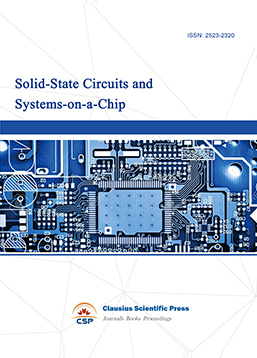
-
Field-Programmable Gate Arrays
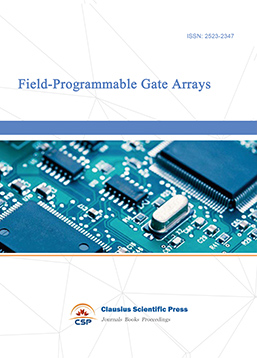
-
Vehicular Electronics and Safety
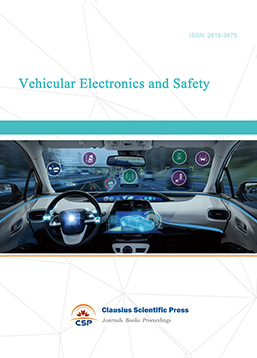
-
Optical Fiber Sensor and Communication
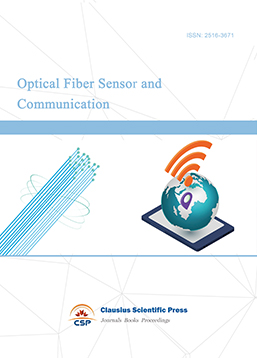
-
Journal of Low Power Electronics and Design
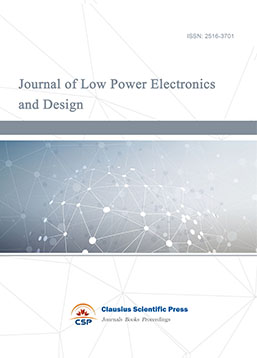
-
Infrared and Millimeter Wave
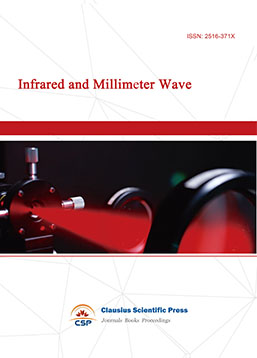
-
Detection Technology and Automation Equipment

-
Journal of Radio and Wireless
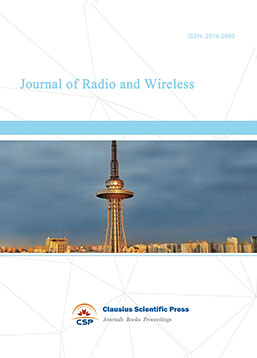
-
Journal of Microwave and Terahertz Engineering
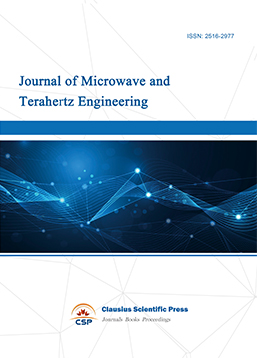
-
Journal of Communication, Control and Computing
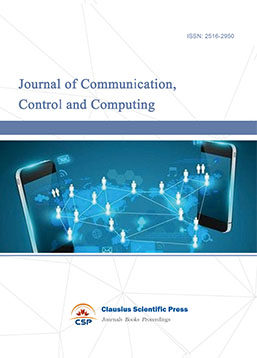
-
International Journal of Surveying and Mapping
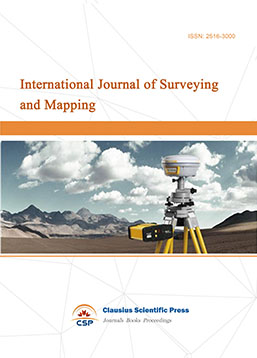
-
Information Retrieval, Systems and Services
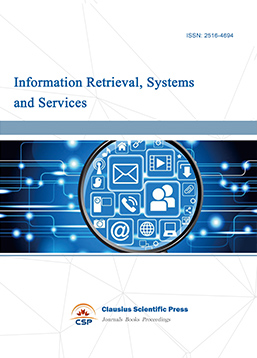
-
Journal of Biometrics, Identity and Security
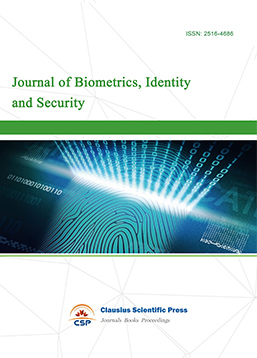
-
Journal of Avionics, Radar and Sonar
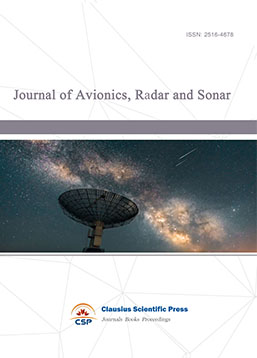

 Download as PDF
Download as PDF